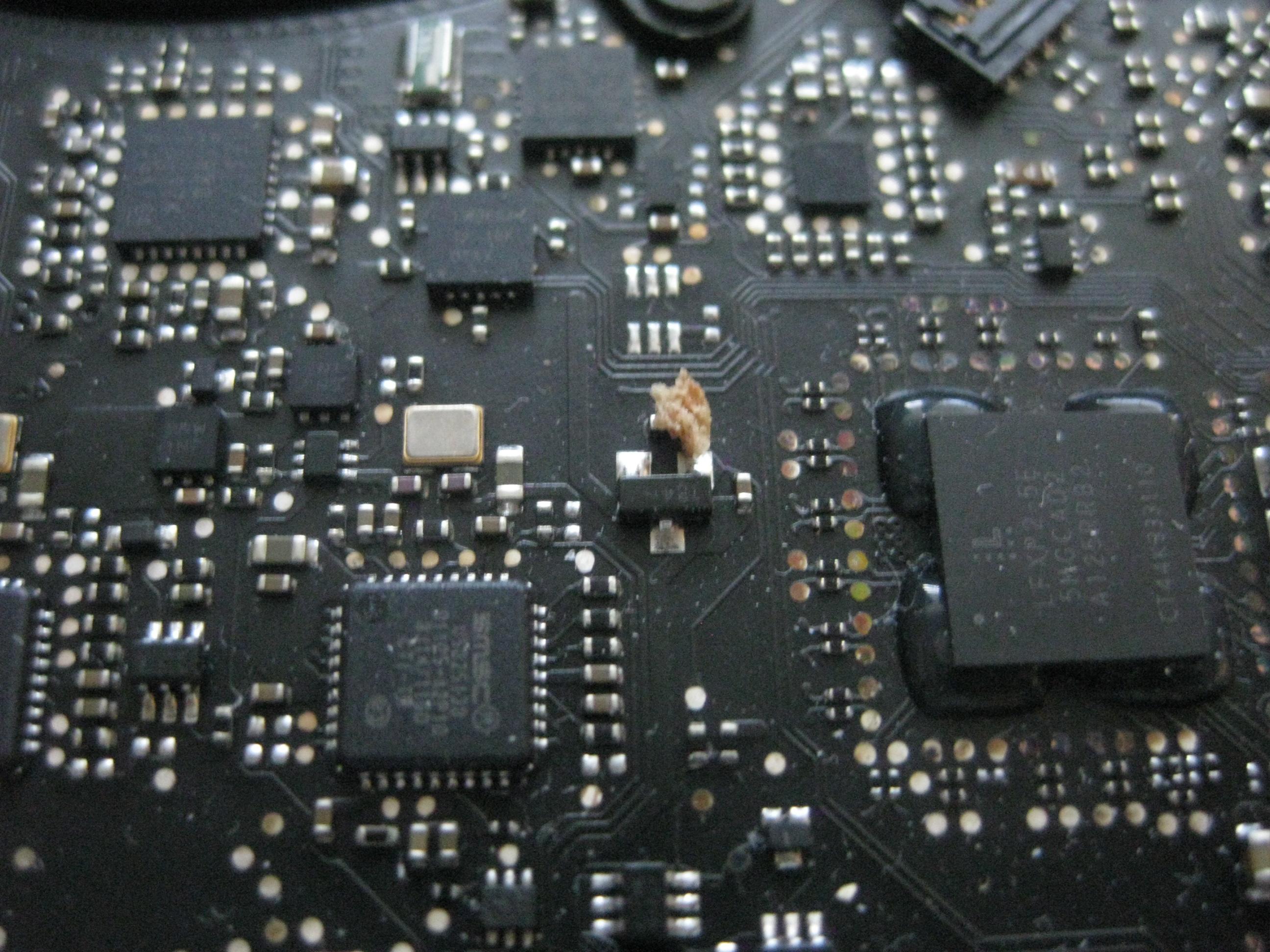Webloc2url For Mac
Howdy,.webloc files contructed by Camino have the usual rsrc fork info (that is used by most other apps, like Safari/OmniWeb and even Camino) but also plist formatted data fork. If the rsrc fork is removed (as when putting.webloc files under CVS or on an ISO CD/DVD - don't ask) the.webloc file will still work with Camino (hurrah!) but not with Safari/OmniWeb. To get around this problem I've been switching the.webloc files into.url files which rely on the data fork alone. Safari/OmniWeb and even FF open.url files without any problems but Camino doesn't. I looked under.url in Bugzilla but got Zarro bugs so I guess there aren't any files towards Camino. Is this a bug and should I file it?
Good Luck, Herb Schulz. I can confirm herbs's findings. I don't have any genuine WinIE.url files (none of my silly friends have sent me silly websites in a while), but I wrote an AppleScript a while back to convert a collection of weblocs to URLs when I handed a project off to a bunch of Windows users.
The meat of the script is Code: do shell script 'echo 'InternetShortcut' & (ASCII character 10) & 'URL=' & theURL & ' ' & filePath, and the resulting.url files work fine in Safari and iCab, but just open empty tabs forever entitled 'Loading' when set to open in Camino and double-clicked. (And unlike some problematic weblocs, they aren't immediately downloaded, either.) I've got a couple-day-old branch official nightly.
Sounds like something broke your code, Wevah. Wevah wrote:Right. Plus, every.url file I've come across that was actually generated by IE or other Microsoft stuff uses Windows newlines (CRLF), which might be why it's breaking. Foolish on my part, but there it is. Well, I edited my script to do '(ASCII character 13) & (ASCII character 10)', and now Camino is downloading the file rather than the interminable 'Loading.'
Message-just like problematic.weblocs (It seems like AppleScript or echo is inserting an extra space-like character at the end of the file.) Everyone else seems more tolerant.


Webloc2url For Mac Pro
WEBLOC files are generally created with the Safari browser but they may be opened by other web browsers such as Chrome, Firefox, and Opera. In most browsers you can simply drag and drop the file into an open browser window. WEBLOC files are not supported by the Windows version of Safari, which was discontinued in 2012. However, you can open WEBLOC files in Windows with WeblocOpener. When a WEBLOC file is copied to a Windows computer, it may show two files: filename.webloc and filename.webloc.
Both files can be opened in a text editor, which will reveal the URL contained in the file.